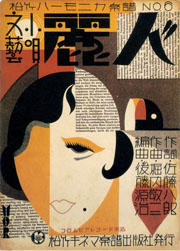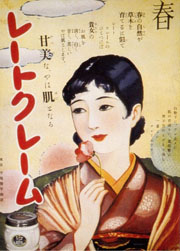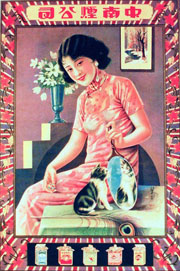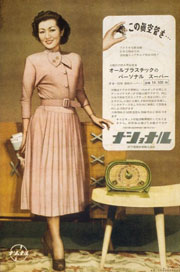Merry White
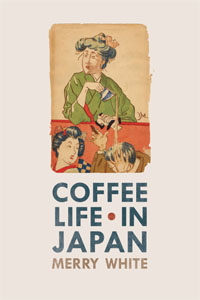 Coffee in Japan has a complicated calculus of value. The organization of coffee consumption focuses on three “highs:” high quality, high “production” and high cost. In each of these there are cultural storylines shaping ideas of value in production and consumption.
Coffee in Japan has a complicated calculus of value. The organization of coffee consumption focuses on three “highs:” high quality, high “production” and high cost. In each of these there are cultural storylines shaping ideas of value in production and consumption.
There are also many surprising stories. Japan is third in imports of coffee after the U.S. and Germany, first in standards, making Japanese vetting of new crops or new fazendas important in marketing beans anywhere. Japanese have been drinking coffee since the 1600s when prostitutes in Nagasaki found it useful for their work. The first café of record was created in 1888 by a Japan-born Chinese man whose coffeehouse’s popularity led to his financial downfall – and his emigration to Seattle.
But above all, the social and personal economics of contemporary life in Japan make cafes (or kissaten) everyone’s destination. Why they are ubiquitous and necessary is the product of social, cultural and personal calibrations – an “economics” of time, money and perfectionism.
